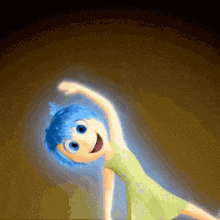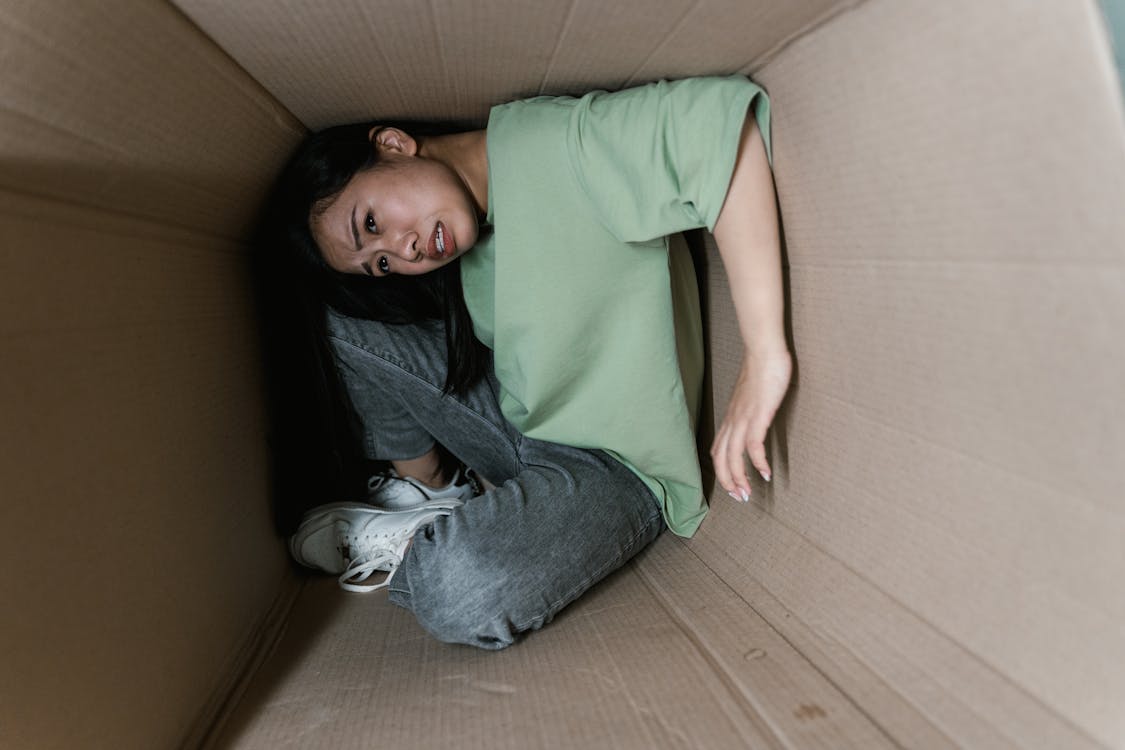You’ve probably noticed it by now. Everyone’s playing Block Blast. It’s that game popping up on your feed on TikTok, and suddenly, it’s downloaded on your phone too.
But, why? Why are people spending hours on a simple, repetitive game? Turns out there's more to the game than just passing the time.
Let us slide into your dms 🥰
Get notified of top trending articles like this one every week! (we won't spam you)A Brief History: Block Blast
According to The Play Store, Block Blast, a game made in 2022, with 4.9 stars, is a relaxing yet addicting brain exercise to work your brain into the blocks. The game studio that created it, Hungry Studios, has an office based in Hong Kong's Billion Centre, a simple office building with cryptic reviews online, raising questions about its practices.
So, that raises the question: Is Block Blast contributing to the multi-million dollar industry of brain rot? It's probable. Is Block Blast profiting from the human brain? Definitely.

Take the Quiz: Which Inside Out Character Are You?
Inside Out is a classic but what character matches you best?
The Dopamine Rush in Mobile Games
Now, the real question: why are we so addicted to Block Blast? Is it the voice that congratulates us when we play? The vibrant colors?
Or is it the game's repetitive nature? I asked my friends about their experiences with the game to get a clearer picture.
“I downloaded Block Blast for three days and couldn’t stop playing, I had to delete it. Trust me, don’t get it.”
-Tiffani, a friend of mine
Tiffani’s experience is part of a trend with mobile games: simple, repetitive games tap into our brain's reward system, which produces dopamine.

Atomic structure of dopamine. Image Credit: NEUROtiker on Wikimedia
How does a simple game induce this reaction without us realizing it? The answer is simple; game developers use bright colors, exciting sounds, and more to keep us stuck (NBC News).
“The bright colors that we see in mobile games beg for our attention and tap into a primal recognition of alarm” - Dr. Lisa Strohman, clinical psychologist, author and founder of the Digital Citizen on NBC News
According to the Mayo Clinic, this aspect of the game triggers the reward system to send a dopamine rush into the human brain. After a while, this makes games nearly impossible to put down.

Reward System diagram. Image Source: Rodriguez147 on Wikimedia
This is also known as hyperarousal. As a result, the player develops a strong drive to seek out that same pleasure repeatedly which keeps them hooked on the game; making them truly addicted.
7 Days of Block Blast, Where Did It Get Me?
To gather more data on the experience, I decided to try it out by playing Block Blast for a week. At first, the game’s bright colors and quick rounds seemed harmless. It didn’t take long for things to change though.
Day 1: I played casually during breaks or when I was bored. It was fun, but I didn’t think much of it. A quick win felt exciting to me. I spent 20 minutes on the game that day and ended with a high score of 4150.
Day 2-3: By now, I was playing more often. I would play while waiting at the doctor's office or just filling a few spare minutes, I’d open the game as an instinct. I kept telling myself “Just one more round”, and I often lost track of time.
By then, I'd wasted whole 5 hour blocks simply playing Block Blast when I could've done something productive. Overall, I spent an average of 4.5 hours on the game with a high score of 6175.

Image Credit: cottonbro studios on Pexels
Day 4-5: Slowly, Block Blast made its way into my routine. I'd play in the middle of the night, even during New Year's Eve, even when I should’ve been sleeping at 3 AM. The more I played, the harder it was to stop.
That dopamine rush Tiffani warned me about? I felt it. On average, I spent 5 hours on the game with a high score of 8150.
Day 6-7: By the end of the week, I was fully hooked. I’d get distracted from studying for my SAT, waiting for an excuse to play again. It wasn’t about the game anymore; I was chasing fleeting satisfaction.
It was like a drug that I was chained to. On average, I spent 6 hours on the game with a high score of 9000. My self-control was broken.
After seven days, I deleted Block Blast. I was done, but the withdrawal symptoms made deleting it much harder. It wasn’t just the absence of the game: I had developed a mental itch to fill small gaps of time with Block Blast. I’d catch myself reaching for my phone out of instinct, only to realize the app was gone.
From my results, these simple games can easily trigger the brain’s reward system, keeping you coming back for more; leaving you stuck in a loop of endless play with little to show for it.
Risks of Mobile Game Addiction
After a week of playing Block Blast, my experience made me realize how easy it is to fall into the trap of game addiction. It may seem harmless, but soon enough, the constant dopamine can trigger more unhealthy behaviors. Time slips away, and before you know it the day is gone. Over time, this can affect not only your productivity but also your mental health; increasing the risk of anxiety, loneliness, and ultimately depression (National Library of Medicine).

Image Credit: Mart Production on Pexels
Games like Block Blast are designed to keep you in a cycle of codependency. These simple games can impact your quality of life from sleep to relationships and even long-term goals (Addictions.com).
It became clear just how much Block Blast was affecting my focus. Instead of improving the quality of my life, I was glued to my phone, chasing the next win. That pursuit of satisfaction in games left me feeling drained.
Getting out of Video Game Addiction for the Better
Breaking free from game addiction is not easy. The first few days after deleting Block Blast, I felt the absence of the game to the point where I even had vivid dreams of playing the game. I felt lost, and my only desire was to play the game. After a couple of days of trying to fulfill myself with my hobbies other than Block Blast, I noticed something different.

Image Source: Oleksandr P on Pexels
I became more present. I was focused again, using my time productively instead of mindlessly playing. The craving for that quick dopamine faded slowly, and I started to enjoy extra time, and working to achieve my long-term goals.
If you’re feeling the pull of games like Block Blast or other types of phone addiction, it’s important to recognize when it’s becoming more than a simple phone. Below I've listed some things that helped me reduce the urge of my phone.
- Monitor your screen time, and make sure your screen time matches the time you go out and live your life (NBC News).
- Contact your friends, and call them to hang out more.
- Complete more unique side activities such as random picnics, learning the guitar, or even try volunteering at your local food bank.
It’s way easier said than done, but once you break the cycle, a weight is lifted off your shoulders, and you’ll start appreciating the time you get to live again.


















